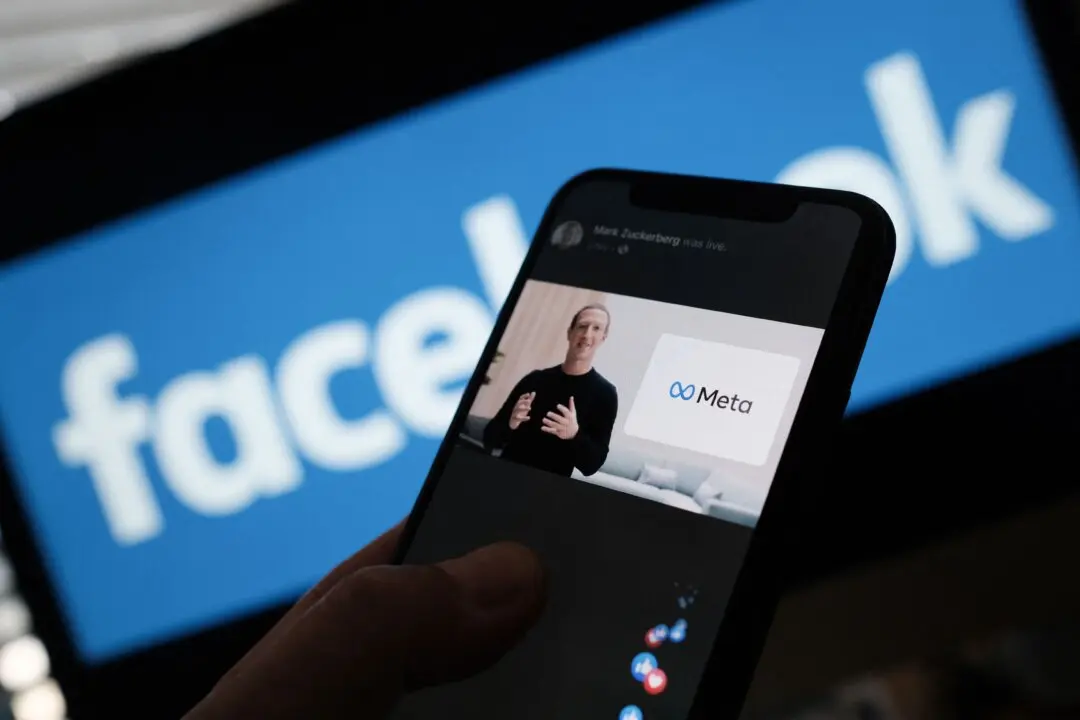Around 500,000 people have been rejected for what they thought was their share of a $725 million class-action settlement of a lawsuit that claimed Facebook parent Meta violated their privacy—though some of those denied may still be eligible to collect the money, according to a report.
Many Facebook users—likely the majority of users in the United States—were eligible to apply for a portion of the enormous settlement.





